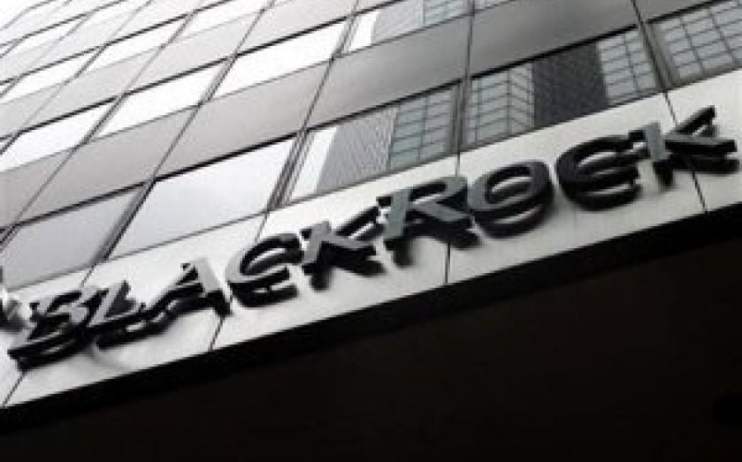BlackRock posts surprise rise in profit despite slowing inflows

BlackRock handily beat third-quarter profit estimates on Friday but posted a sharp drop in net inflows, sending shares of the world’s largest asset manager down one per cent in premarket trade.
A rise in investment advisory fees and BlackRock’s assets under management (AUM) helped the company’s adjusted profit of $10.91 per share breeze past analysts’ estimates of $8.26, according to LSEG data.
However, its net inflows for the quarter fell to $2.57bn from $16.9bn last year, reflecting $49bn of net outflows from lower-fee institutional index equity strategies, including $19 billion from a single international client.
BlackRock ended the third quarter with $9.10 trillion in assets under management (AUM), up from $7.96 trillion a year earlier, but lower than $9.4 trillion in the second quarter this year.
“For the first time in nearly two decades, clients are earning a real return in cash and can wait for more policy and market certainty before re-risking. This dynamic weighed on the industry and BlackRock’s third-quarter flows,” CEO Larry Fink said in a statement.
Hopes that the Federal Reserve could soon be done with its monetary tightening have helped calm investor worries about a potential recession, although indications that the central bank would keep its benchmark interest rate higher for longer have kept a lid on the positive sentiment.
“The long-term trend of clients consolidating more of their portfolios with BlackRock is only accelerating, and underlying business momentum remains strong,” Fink said.
Revenue at BlackRock rose nearly 5% to $4.52 billion from a year earlier, driven by organic growth and the impact of market movements over the past 12 months on average AUM and higher technology services revenue, it said.
The New York-based company’s chief source of revenue is the management fees it earns as a percentage of the total AUM.
BlackRock has also been trying to enter the crypto space. Its spot bitcoin ETF application is under review by the Securities and Exchange Commission and an approval could boost the company’s appeal among retail investors.
Reporting by Reuters
